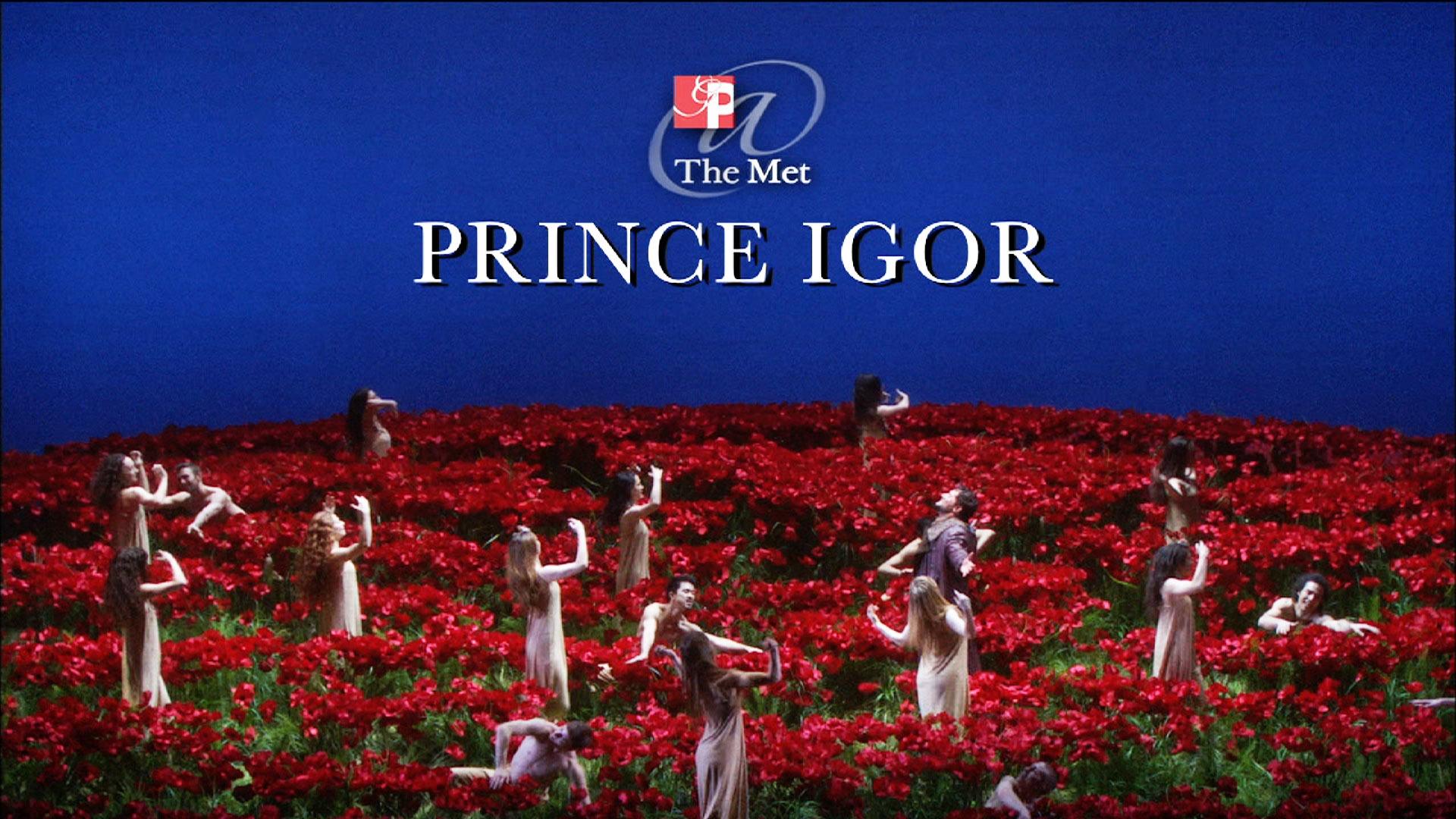One of the definite positives to the last
several weeks of relative isolation is getting to watch Operas from the Met.
These are re-broadcasts of productions that would normally be projected in
cinemas live from New York. Going to these screenings is something that Arta
introduced us to, and I am so grateful she did. While part of me wishes that I
could watch and Opera every night, that is probably a little too much to
digest. I’ve been enjoying at least one a week.


One
of the very best discoveries was “Prince Igor” by the Russian composer
Alexander Borodin. For those of you who don’t know much about him, his primary
career was as a chemist, but he was also a medical doctor. He just happened to
compose in the grand Russian tradition on the side. Incidentally, he was also a
noted Women’s Rights activist.
Borodin
composed “Prince Igor” based on an epic which recounts the prince’s campaign
against the invading Polovtsian tribes in 1185. (A fascinating history should
you choose to look into it further. The Polovtsians were led by Khans who were
descendants of Ghengis himself.) The main flaw of the opera was that Borodin
was trying to compose the libretto around the music rather than the other way
around. As such, he never had a complete narrative arc for which to unite the
music and story. Although he worked on the opera off and on for 18 years, it
was left incomplete when he died suddenly at the age of 53. His friends and
colleagues, the great composers Nikolai Rimsky-Korsakov and Alexander Glazunov,
with whom he had collaborated on numerous occasions, took it upon themselves to
finish the opera.
Despite
their best efforts, a definitive version of the opera never really solidified.
Glazunov essentially inserted the entire third act with his own material, and
there is still a debate as to the order of the first and second acts. Because
of this, the opera is almost never performed. And this is truly a shame,
because the underlying material, particularly for the chorus, is absolutely brilliant.
You
might be surprised how much music from the opera you recognize. The entire
conclusion to the second act was turned into an orchestral suite (The
Polovtsian Dances) which is frequently performed as part of the repertoire. The
music in the musical “Kismet” is entirely taken from the opera (with very
little credit given to poor Borodin). The song “Stranger in Paradise” from the
musical is a tune to which most of us could easily hum along.
In
any case, this production from the Met is a complete re-imagination of the plot,
with extensive modifications to the score based on Borodin’s original notes.
Quite an undertaking. While my personal opinion is that they took too many
liberties with the plot so that the narrative is a bit obscured, I still appreciate
it. As always, the production was glorious. The entire second act is set in a
poppy field with over 12,000 hand-made poppies.
All
this to say once again - what a discovery! It is a new favorite Opera for me,
maybe in my top 5. I think the musical material is as compelling and as Carmen,
and nearly as memorable. The big difference would be that the music is
undeniably Russian. There are many moments that are reflected in Rachmaninov’s
Vespers (one of my very favourite choral compositions), and the depictions of
the exotic Polovtsian Dancers could be something taken right out of
Rimsky-Korsakov’s Scheherazade.
No comments:
Post a Comment
If you are using a Mac, you cannot comment using Safari. Google Chrome, Explorer or Foxfire seem to work.